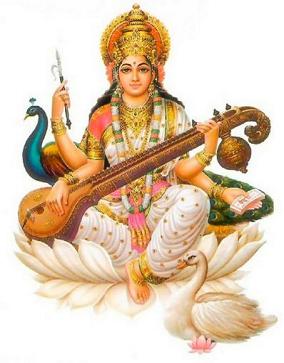Ganesha Chaturthi or Vinayaga Chaturthis as it is also known, is the Hindu festival which celebrates Lord Ganesha’s birthday, an offspring of Lord Shiva and Parvati, it is observed in the month of Bhaadrapada and the date usually falls between 20th August and !5th September and lasts for a total of 10 days.
Ganesh chaturthi is a very sacred and auspicious occasion. It is one of the most sacred and believed festivals among Hindus. The earliest Ganesha Chaturthi puja were recorded way back in the time of the reigns of the Satvahan, Rashtrakuta and the Chalukya dynasties. Lord Ganesha is known as the God of prosperity and wisdom.
he birth of Lord Ganesha is celebrated massively in various hindu communities. Lord ganesha is worshipped before the worshipping of other Gods and Goddesses. He is worshipped all over India
Ganesha chaturthi is celebrated massively throughout India
There is a specific and special weet dish for this festival is the Modak which is basically a kind of a jaggerynut kind made from flour and fresh dry coconut, dry fruits etc.The Vinayakar Chathurthi (Ganesh Chathurthi) 2011 is a much awaited festival. The occasion of ganesh chaturathi 2011 would combine all the people from various casts to join together and be a part of this occasion. This festival holds a special significance among the Hindus.
விநாயகர்:
1 - வாக்குண்டாம் நல்ல மனமுண்டாம்
மாமலராள் நோக்குண்டாம்
மேனி நுடங்காது-பூக்கொண்டு
துப்பார் திருமேனித்
தும்பிக்கையான் பாதம்
தப்பாமல் சார்வார் தமக்கு
2 - கணபதி என்றிடக் கலங்கும் வல்வினை
கணபதி என்றிடக் காலனும் கைதொழும்
கணபதி என்றிடக் கருமம் ஆதலால்
கணபதி என்றிடக் கவலை தீருமே
The festival is similarly celebrated all across the world with major celebrations in UK, USA and Canada with people wishing each other ‘Happy Ganesh chaturthi’

